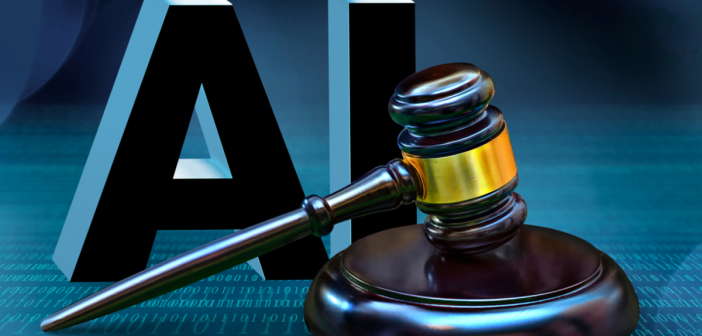In October 2023, the Senate introduced the ‘No Fakes Act‘, while the ‘No AI Fraud Act‘ introduced in the House of Representatives in January 2024. Both aimed to tackle unauthorised AI deepfakes of prominent humans, musicians included.
There’s also the proposed ‘AI Foundation Model Transparency Act‘ and the ‘Generative AI Copyright Disclosure Act‘ which set their sights on ensuring AI companies disclose what they’re training their models on, especially if that includes copyrighted materials.
There’s a fifth for the list: the ‘Content Origin Protection and Integrity from Edited and Deepfaked Media Act‘ (the Copied Act for short). It’s been introduced by senators Maria Cantwell, Marsha Blackburn and Martin Heinrich.
It promises in the announcement that, “The bill would set new federal transparency guidelines for marking, authenticating and detecting AI-generated content, protect journalists, actors and artists against AI-driven theft, and hold violators accountable for abuses.”
The specifics revolve around “content provenance information, watermarking and synthetic content detection”. That includes enabling creators to watermark their works and making it an offence to remove that provenance info – while also setting standards around how AI-generated (or manipulated) content can be recognised.
Importantly, it would grant rights to “newspapers, broadcasters, artists, and other content owners the right to bring suit in court against platforms or others who use their content without permission”. This is a legislation music rightsholders have been lobbying heavily for.
The Recording Academy’s Todd Dupler hailed the senators’ “commitment to the ethical use of AI and their recognition of the need for guardrails that provide transparency and protection for creators”.
NMPA boss David Israelite applauded the way the act “ensures that AI-generated content is clearly identified and that there is recourse when those labels are tampered with”. Meanwhile, RIAA chief Mitch Glazier said that provenance requirements are “a fundamental building block for accountability and enforcement of creators’ rights”.
Naturally, there will be alternative opinions within the AI sector, where some of the most prominent companies and their investors are making a stand around ‘fair use’ arguments over training and copyrighted content.
“Congress needs to step up and pass this legislation to protect the American people,” said Senator Heinrich. Music Ally will follow the bill’s progress – along with the other proposed AI-regulation bills – to see if that happens.




